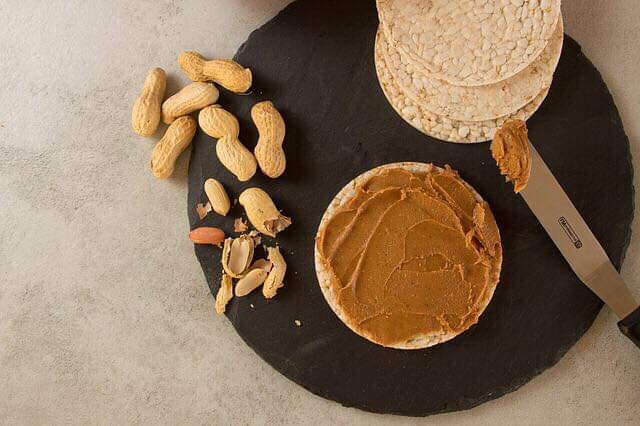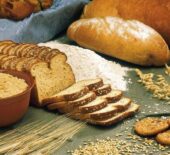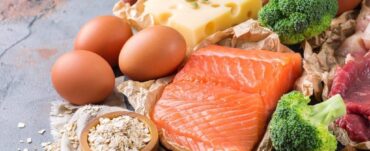How often have you felt that peanut butter is too full of energy to be included on your sandwich? I have some good news for you as moderate inclusion of peanut butter in you diet can assist both your health and waistline?
Peanut butter contains protein, fibre and fat, both which help keep you fuller for longer. Yes, fat does contain more energy than carbohydrates and protein, but it is mostly healthy type of fat. Healthy types of fat called monounsaturated and polyunsaturated can help your body in many ways including helping your metabolism work at its best. Peanut butter contains a whopping 75% combination of polyunsaturated and monounsaturated fat and 50% of this fat is monounsaturated. Fat works differently to carbohydrates and makes you feel full a little longer after eating but still has this positive effect.
Energy is not the only thing your body needs for health. Peanut butter gives your body many nutrients which include:
Peanut butter energy breakdown
30g or 1 tablespoon of peanut butter counts as one of your serves of meat alternatives and will give you:
Calories: 95
Protein: 3.5g
Fat: 8g (sat fat 1.5g)
Cholesterol: 0g (like all plant products, peanut butter is naturally cholesterol free)
Carbohydrates: 3.5g
Fibre: 1g
Sugar: 1.5g
The key to enjoyment of this delicious spread is moderation. Try using a tablespoon as a serve as although there are many benefits to peanut butter, eating half the jar in one sitting is not recommended. If you want to move away from the sandwich you can try adding a tablespoon of peanut butter to your cereal of smoothie bowl so extra sweetness or as part of a delicious smoothie.
Key points to look for when selecting you peanut butter:
Take home message: You don’t need to quit peanut butter to achieve the healthiest version of you. Moderation is the key to this delicious spread and you will be doing both your taste buds and body a world of good.








